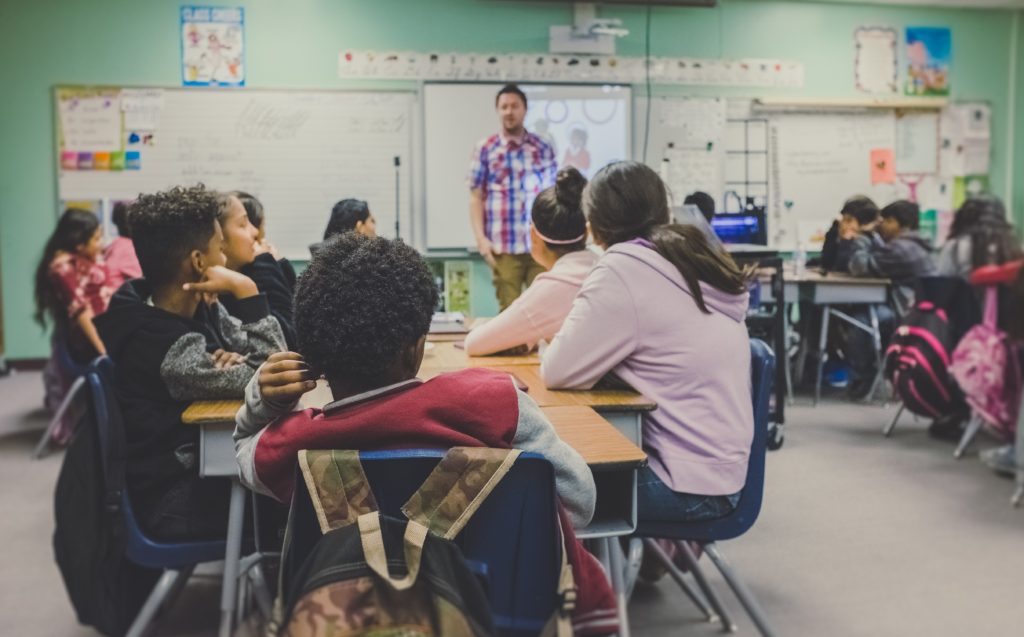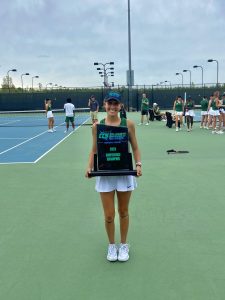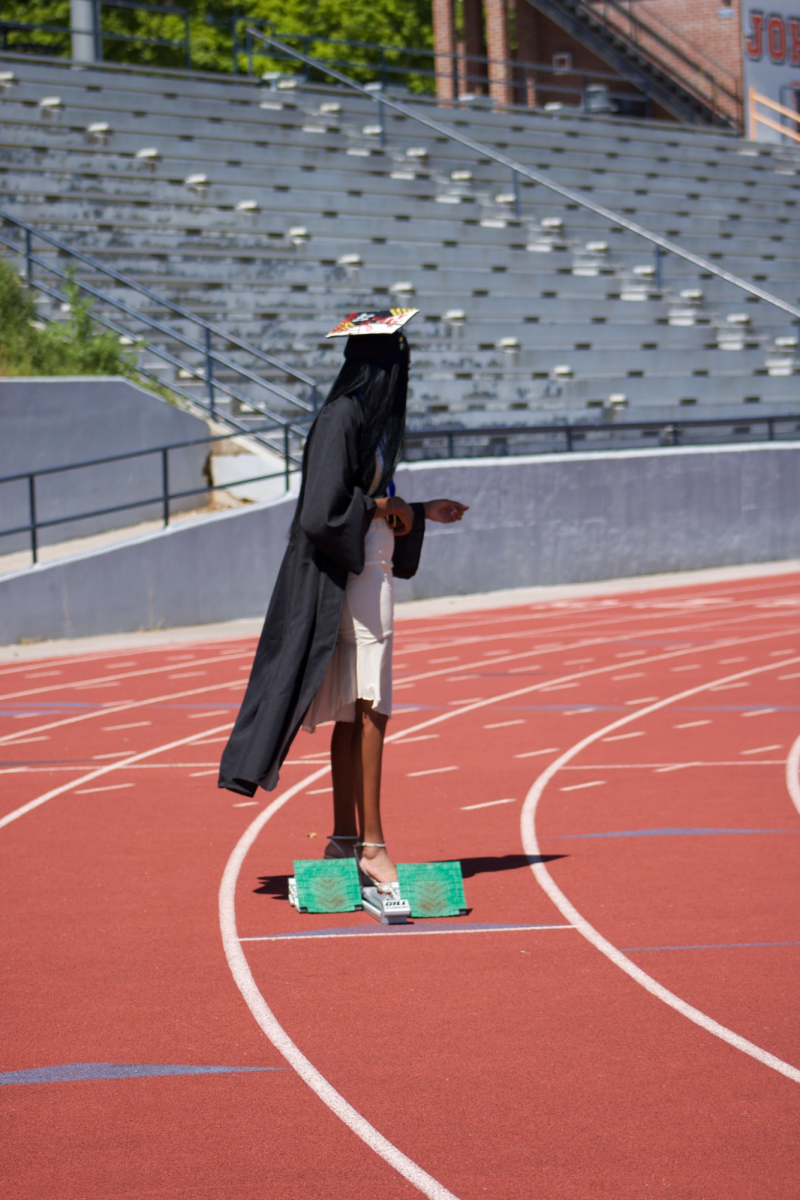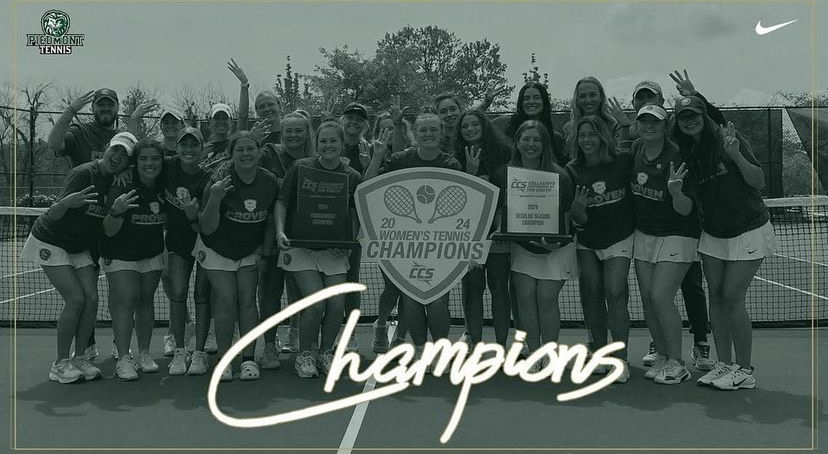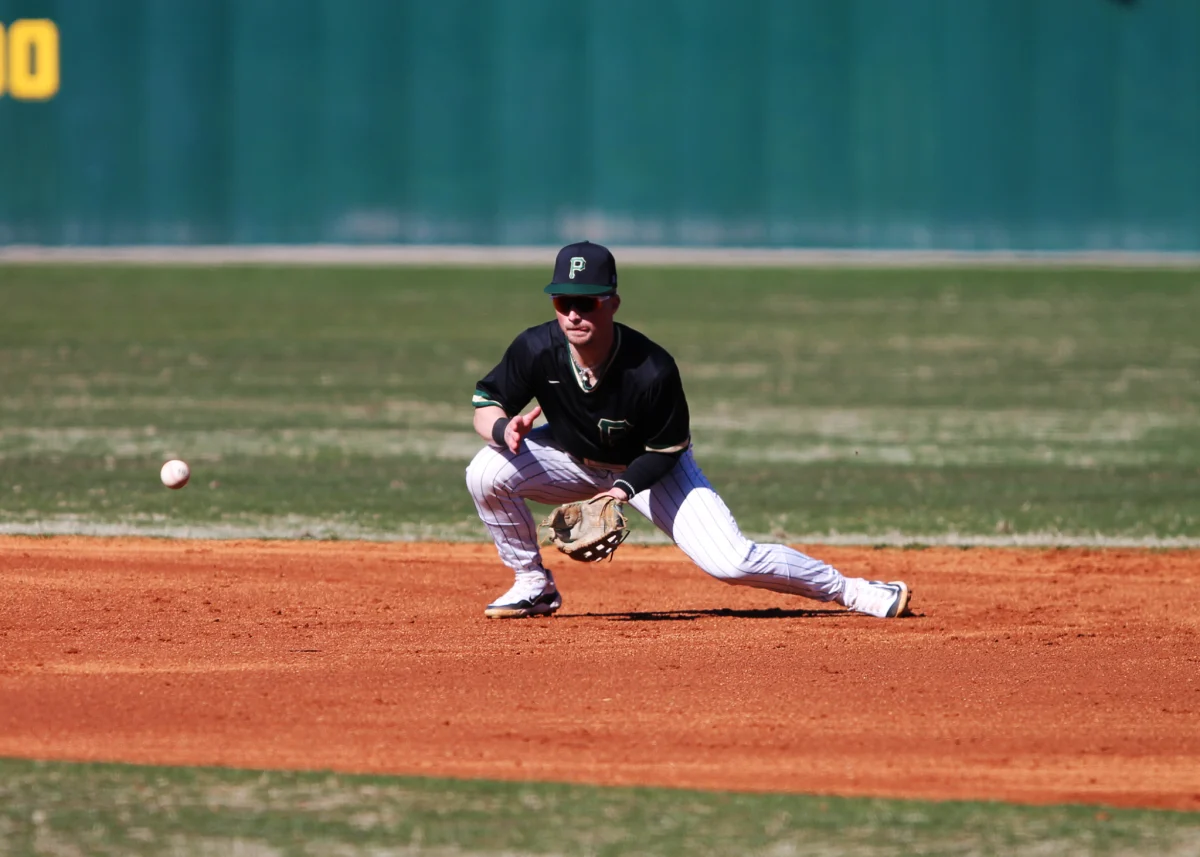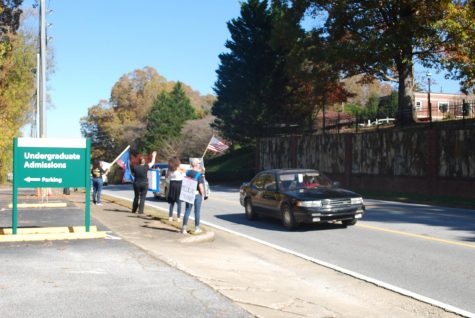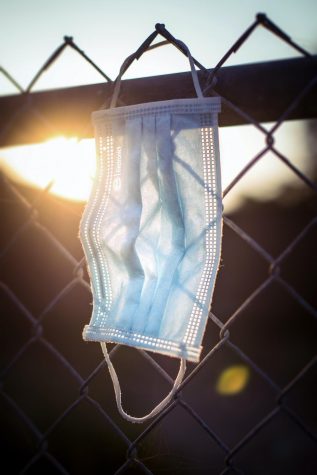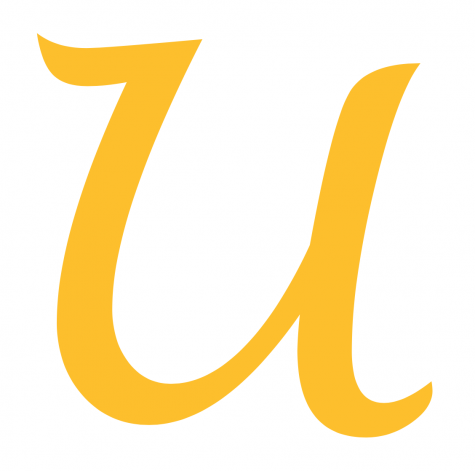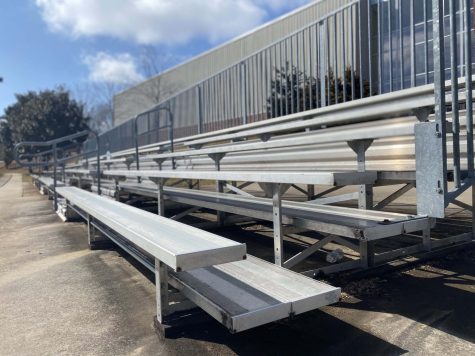Student Teaching and the Impact of the Coronavirus
May 6, 2020
Written by Savannah Richards (Radio Station Manager) and Laura Alyssa Platé (Editor-in-Chief)
The national Coronavirus shutdown continues to affect everyone in ways still not entirely known; however, student teachers face a unique barrier to their future plans in the age of COVID-19: student teaching.
“My experience changed as with my education major requirements, regarding field experiences has changed drastically,” said junior elementary education major, Kerilee Pruitt. “Instead of going into a classroom and being able to interact with students, observe the class, and ask the teacher questions about her class. I now have to use an online system called atlas where I watch 15 to 20 minute videos of classes.”
Student teaching is a part of many educator preparations programs across the country, including the School of Education at Piedmont College. According to the National Council on Teacher Quality’s report on student teaching in the U.S., approximately 186,000 new teachers graduate from traditional teacher preparation programs each year. Of those, 80,000 are elementary teachers who are expected to have completed student teaching requirements at local schools. However, due to the COVID-19 pandemic and resulting economic shutdown many Education majors were forced to adapt–or discontinue–their student teaching experiences.
“As all P-12 schools in Georgia closed and moved their services to online, we made the necessary adjustments to ensure that our student teachers, known as “interns,” could obtain the knowledge and skills necessary to be effective classroom teachers,” said Dean of the Piedmont School of Education RD Nordgren. “Although some of our interns were allowed by their schools to continue to work with their host teachers in delivering online learning, most were not.”
Pruitt noted that while the face-to-face experience has changed, her interactions with students and teachers have shifted to other forums.
“I feel like by doing these online field experiences, I’m losing experience in the classroom,” said Pruitt. “Interaction with the students, and with the teacher, I feel are vital to me as a future educator so I can bring that experience with me into my own classroom. Granted, my professors are doing everything possible to make sure I still am able to have these experiences that are so vital to future educators.”
Not every college is taking these vital steps to enrich their teaching candidates field experiences during this time however. Michelle Scoggins– a Georgia history teacher at Jones Middle School who mentored two teaching interns from UGA this semester before the pandemic shuttered Gwinnett County Public School’s face-to-face learning– reflected on her interns experiences this semester and the way that it has impacted her classroom.
“The University of Georgia said they could be done with practicum even though they didn’t quite serve half of it,” said Scoggins. “But if the teachers needed them, they were encouraged to help them as much as possible, however teachers were very overwhelmed by all of this, it was like being a new teacher all over again. Neither of mine stayed, but we talked about ways they could.”
Ordinarily, these student teaching interns would be writing lesson plans, shadowing teachers, teaching classroom lessons and have evaluations by their mentor teacher and their college professors as they progressed towards Georgia teacher certification.
“They could have recorded themselves teaching a lesson, it would have helped me but it would have helped them learn what online is all about,” said Scoggins. “They could have done some online tutoring and online games. Online teaching is so different, there is so much that has to be changed and tweaked and you have to find a way to duplicate it and it’s almost impossible. I think using the tools would be beneficial.”
Piedmont, unlike the University of Georgia, is moving students’ field experience online.
“We provided weekly modules for them that included simulated classrooms, videos, and reflection assignments,” said Nordgren. “Perhaps most important are Canvas discussion boards to engage with other interns and their professors. All of these activities and resources are based on suggestions provided by the Georgia Professional Standards Commission.”
Students are doing their best to take advantage of a difficult situation and use the platforms provided to continue bettering their skills as future educators.
“It may now be online, but they are working hard, and challenging me in my courses to evaluate the atlas videos, to create lesson plans, and think like an education professional,” said Pruitt. “While the online videos do not compare to being in the classroom. My professors are making the best of it by challenging me in my coursework to make up for it.”
Scoggins, who took an online teacher certification course to “up her game” over the summer before the pandemic, is grateful for the tools she can use in her online lessons such as EdPuzzle, Google Classroom, and Screencast O’Matic.
“You wanna try this and you wanna try this but there comes a point where you have to say okay this is what works for me and this is what I’m going to do, otherwise it’s very overwhelming,” she said.
Looking forward, some students are considering taking a gap semester or year so that they don’t lose any more valuable time in the classroom before going on to teach in their own classrooms.
“Thinking towards next semester I’ve really considered if we go online full time not coming back yet. It’s hard to teach anything but theatre is almost all hands on learning,” said Hannah Tussey, a senior theatre education major. “Then again, this is a pandemic that could quickly become a new norm so it’s valuable to my education and how I can educate others on what we have to do. I won’t start being in the classroom until next fall really, so I’ve been lucky that I haven’t missed out with the kids. But, as I stated it can quickly become a new norm, or aspects of it at least.”
The consensus amongst teaching candidates and mentoring teachers is that while videos are a great tool for enriching the learning process, they do not replace the face-to-face interactions that are had in a classroom on a daily basis. If the school closures continue, students who are in the process of becoming educators are going to have an interesting experience once they migrate into the regular classroom.
“I don’t think they should be penalized time wise, they’re gonna have to watch and see. They’re going to have to do a lot more watching and learning,” said Scoggins. “Watching the videos in no way replaces good teaching, though. Teacher preparation is gonna need to include online teacher training. They need to learn from the teachers who were in the trenches teaching online to see what it’s like when the world shuts down and this is what we have to do.”

